Independence runs fiercely deep in my family. The ability to shrug off pain and keep going is a virtue valued by many, including those whom I love. I remember one time (of several such instances) when my dad and I were working together clearing some brush, using a wood-chipper. Let me assure you, this story doesn’t end as badly as you might think it does, as the wood-chipper plays a secondary role. Anyway, as my dad was feeding a tree branch into the chipper, the teeth grabbed it and sucked it in quicker than he was anticipating. Some of the auxiliary branches of the main branch were rapidly pulled forward, slicing across his face. He grunted and put his hand over his eye. I looked to see blood seeping between the fingers of his gloved hand. I had no idea what the severity of his injury was and I stopped to ask if he was ok. He responded by vigorously rubbing the blood out of his eye, revealing a gash across his eyelid. The gash quickly filled with blood again, which he wiped again. Then, instead of cleaning the wound and getting some medical attention, he just picked up the next branch and started to feed it into the chipper. He assured me he was fine as the blood trickled across his face and, interrupted only to occasionally wipe the stream aside, we kept working. As I tell the story now, two things stand out: his insistence that the gash in his eyelid was nothing to slow him down, and my matter-of-fact acceptance of this perspective.
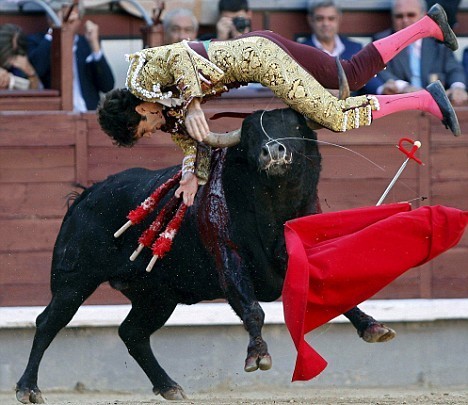
A well-deserved boo-boo if there ever was one.
This deny-the-pain approach definitely has its advantages in some situations but when it is adopted as a one-size-fits-all approach to pain, both physical and emotional, there are definitely diminishing returns. It was this same mentality that led me for years to ignore the obvious signs that something wasn’t quite right with me mentally and emotionally. When I began to recognize it with more clarity, it still took years for me to acknowledge that I couldn’t just think my way out of it, a belief that was exacerbated by the “shame” of being a counsellor who still carries baggage. Luckily, I was wrong. I recognize that I do need help and I get it from a variety of sources at a variety of times. It’s so much easier to face the bumps in the road when you have someone riding along with you. It takes so much more energy to pretend that everything is ok and that you’ve got it under control than it does to admit that you are stretched beyond your limits and you could use some help.

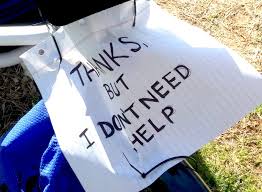
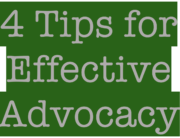



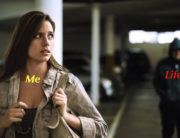
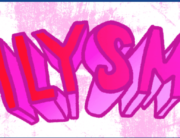
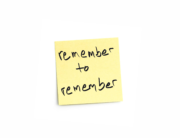






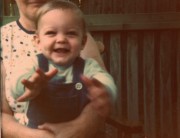
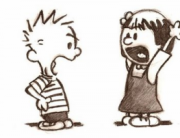

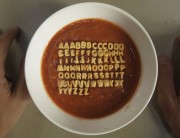



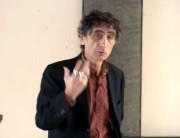
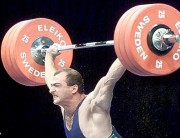



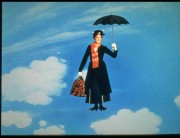


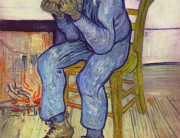

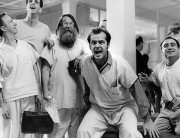




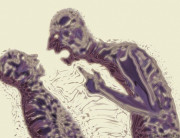



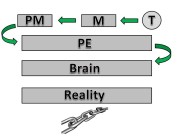

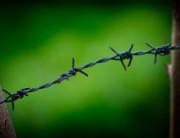


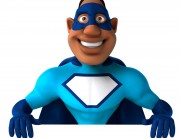
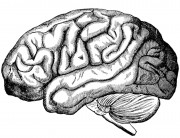
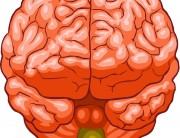
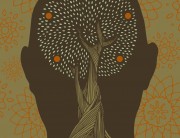

[…] Things I Was Wrong About, Volume 3: I Don’t Need Any Help – by Ted Leavitt […]